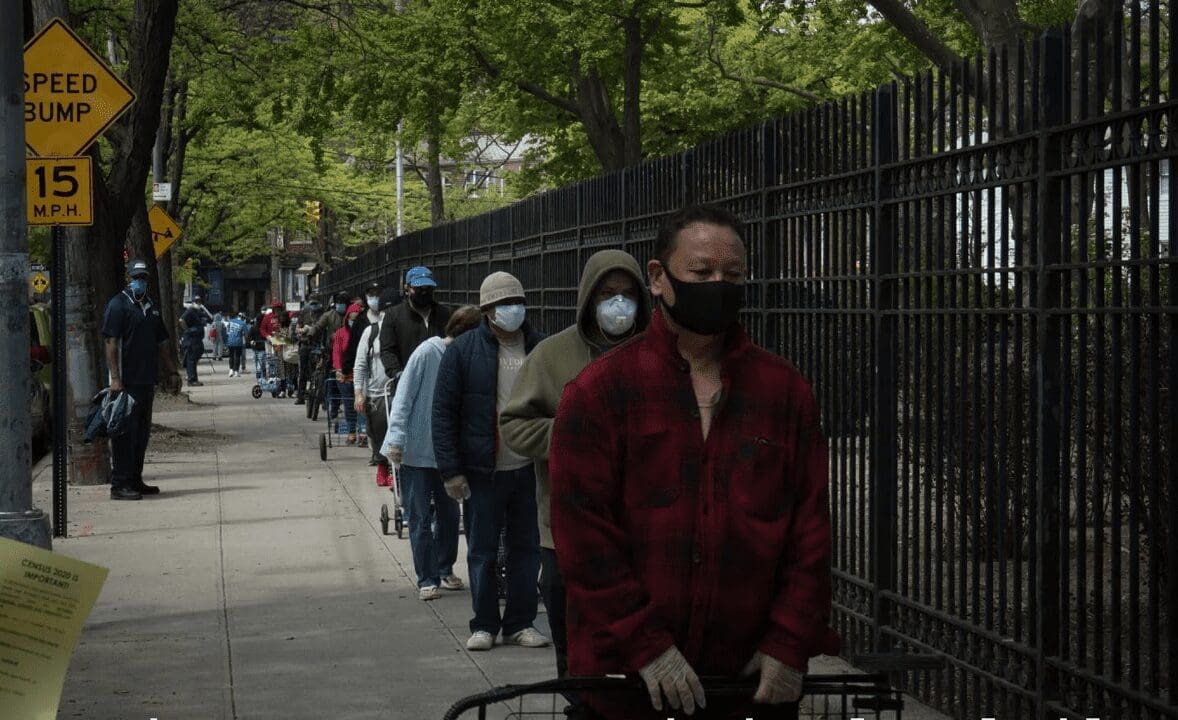UBI programs need to think big picture to achieve lasting results. Is this the right time?
By: Wendi Williams
In late October, Mayor Aja Brown of Compton, Calif., announced that the city will be launching a universal basic income (UBI) pilot program for 800 qualifying low-income residents later this year. Called the Compton Pledge, the program is funded entirely by private donations and will be the largest city-run UBI experiment in the nation in which recipients will receive monthly payments between $300 to $600 for a period of two years.
While UBI is not a new idea, more Americans became familiar with it during Andrew Yang’s presidential campaign in which he pledged to provide a monthly UBI of $1,000 to every American adult to use as they saw fit.
He called it the “freedom dividend,” which is actually an appropriate name given that one of the arguments for UBI is it would offer low-income people the freedom to pursue more educational and career opportunities. Indeed, in her announcement of the program Mayor Brown expressed her hopes that people will “go back to school, explore a new career path, spend time with their children, or improve their mental and emotional wellbeing.”
The idea that UBI would free people to pursue education or new career paths isn’t consistently borne out by the results of past UBI experiments, however. The data that has emerged out of these past experiments lends some insight as to why this is the case and what can be done to better accomplish the full range of goals put forth by UBI proponents.
What people spend their UBI money on
First, it’s important to understand that the reason that recipients of past UBI programs haven’t spent the money on education or career advancement is not because they are squandering it. Among the arguments against UBI is the idea that receiving free money will cause people to wastefully spend their UBI stipends on frivolous things, but research indicates this is not the case.
Studies of cash transfer programs, for example, which are similar in many ways to UBI, found that people generally do not spend the money they receive on so-called “temptation goods,” which is a common concern. And the results of a relatively recent UBI experiment in Stockton, Calif., showed that recipients spent the vast majority of their stipends on basic necessities, and even then mostly on food.
Ironically, the main reason why UBI recipients don’t spend more of their stipends on education seems to be the same reason why they don’t waste it: They use it to buy food. In fact, food was by far the number one expense for recipients in the Stockton UBI experiment. The breakdown shows people spent 38 percent of their stipends on food, 24 percent on clothing and home goods, 11 percent on utility bills, 9 percent on gas and car expenses, and 18 percent on “other.”
According to statistics from the Bureau of Labor Statistics, the average monthly expenses for food for an American family of four are around $890. Now consider that the monthly stipend in the Stockton UBI experiment was $500 and for the Compton Pledge it will be between $300 to $600. These figures reveal that while certainly helpful, UBI funds may not be able to go towards much more than covering basic necessities, especially not when one in three low-income families in the U.S. struggle to cover their basic household necessities. A classic case of Maslow’s hierarchy rears its head as we realize the basic needs of physical and emotional subsistence must be met before “higher” needs such as education can be pursued. An unfortunate effect of the COVID-19 pandemic has been that more people have come to understand the impact of poverty on choices. Therefore, it would be a mistake to consider it a moral failing on the part of past UBI recipients that they did not devote more of their modest stipends on education or career advancement.
Temporary UBI stipends alone are not enough
The results of past UBI experiments do not indicate that UBI in itself would fail to expand educational and career opportunities for low-income people. The real issue lies rather with the limited ways these pilot programs are typically administered. Small monthly stipends distributed over one or two years will certainly help people meet their basic needs for the duration of the project.
But in order to help people actually pursue self-actualization through education or career development, what would be needed are either more substantial sums of money — perhaps something more along the lines of Yang’s freedom dividend of $1,000 per month for life — or a more holistic, big picture approach to addressing the structural impediment of poverty on accessing higher education.
In fact, the latter would be necessary regardless of the amount provided.
If the hope for UBI is for people to pursue educational goals, it isn’t enough to simply allocate money. Even if the amounts provided were enough to go beyond basic needs, there are a number of barriers that could get in the way. For instance, it takes no small amount of digital literacy to navigate the process of researching and applying to educational programs, and many people are too busy working and taking care of their families to figure everything out on their own. Formal education also requires financial literacy in that tuition is not all that must be accounted for. There are additional costs involved for books, administrative fees, digital devices, broadband Internet, transportation and other considerations. Finally, we mustn’t forget literal literacy. Some 21 percent of U.S. adults in the year 2020 are illiterate, and of those with the lowest literacy levels, 43 percent live in poverty. It goes without saying that basic reading and writing skills are necessary in formal adult education.
It is important to note that UBI programs in themselves, even if they were to integrate digital and financial literacy components, should not be seen as the entire solution for addressing systemic inequality in educational and career opportunities. There needs to be more of a coordinated effort across multiple fronts to address these issues. If, for instance, we were able to offer free community college or in-state tuition for state universities, then that is something that could work in concert with UBI programs to create more of a long-term, systemic shift. Otherwise, any beneficial effects will at best be transitory one-offs, and it would be easy for critics to then proclaim UBI as being a failure in terms of getting people to further their education.
Lastly, it’s worth questioning our assumptions about what it means to pursue “education.” Are we only including formal courses and academic programs at colleges and universities? Or will we acknowledge that there are other, nontraditional forms of education such as self-directed learning and nonformal learning? If we do acknowledge the range of educational alternatives, then who is to say that recipients of prior UBI programs have not pursued their education? Perhaps the extra $300 or $500 they received each month gave them enough breathing room to spend more time reading or engaging video instruction on a topic of interest, for instance, which is not formal education but most certainly has the potential to shape or expand their future.
Universal basic income programs do help people, but as they’ve been traditionally implemented they help people meet their basic needs for a limited time. Even this by itself is better than nothing, but in order for these programs to truly achieve the larger goal of addressing systemic disparities in educational and economic opportunities — and to satisfy UBI critics who are skeptical of lasting benefits to the problems of poverty and inequality — they must be part of a broader, integrative strategy.
________________________________________________________
Wendi Williams is Dean and Professor, School of Education, Mills College. Learn more about the Online Master’s in Educational Leadership program at Mills College





















